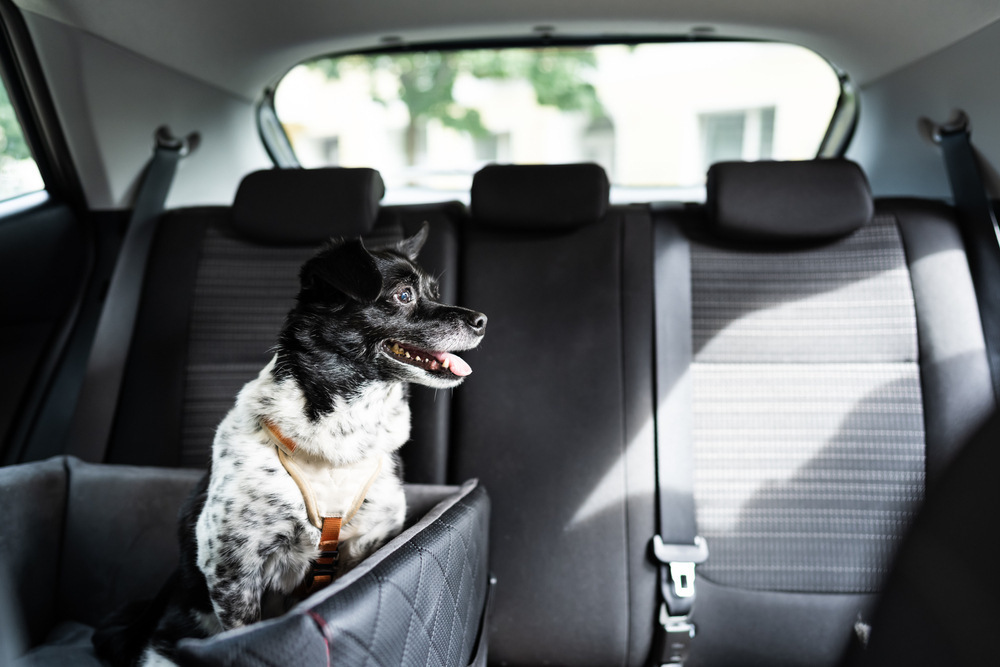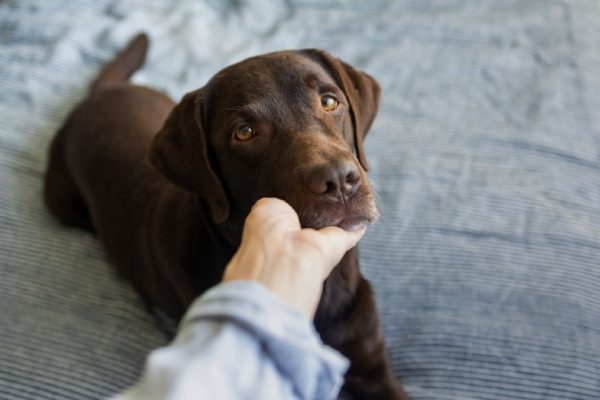Traveling in a car with your dog can be taxing, but it does not have to be! It takes a bit more prep work than just packing a few snacks and having your dog hop in the car, but we promise that it’s well worth the trouble. You likely have most of the necessary items at home already, and the rest is simple to figure out with a measured step-by-step approach.
Let’s check out the ways that you can make traveling in the car with your dog easier so the process is as smooth as possible for them.

The 12 Tips for Traveling in a Car With a Dog
1. Get a Clean Bill of Health
Before you take your dog out for a road trip, you should take them to the vet for a checkup, especially if you’re planning on a long drive or trip. Puppies and older dogs with health complications are not the best candidates for long trips, for instance. If your dog has motion sickness, a vet may be able to help soothe it with medication. More serious conditions may limit travel altogether in some cases. Ask a vet whether your dog is well enough to travel before grabbing your keys.
Did you know you can speak to a veterinarian without having to travel? Just head over to PangoVet. It's our online service where you can talk to a vet online and get the advice you need for your pet — all at an affordable price!

2. Double-Check Your Dog’s ID
In case the unthinkable happens and you are separated from your dog when traveling, you should make sure their ID tag is in good shape. It should have their name and contact information, and the tag should be securely fastened to the harness. For very long trips, you may wish to get your dog microchipped just in case, though we recommend this regardless. Last but surely not least, invest in a quality harness and leash! A good harness will fit snugly on your dog without being too tight, and the rings for their ID tag and leash should be solidly connected.
3. Get Your Dog Used to the Car
Many dogs naturally take to the car, but that’s not the case for all pups out there. The intense sound and vibration of cars can be scary, which is where you come in. Your dog needs your help through consistent and careful positive reinforcement to learn that your car isn’t something to be fearful of and in fact, can be a fun way to get to new places! This can be tricky if your dog has learned that they go to the vet in your car, but it’s far from impossible.
Start acclimating your dog to riding in the car by letting them be near the vehicle with it turned off. Don’t forget to bring treats! Let them sniff around the car, and if they happen to whine, just calmly ignore the reaction. When your dog calms down, give them a treat and praise. You can progress this same concept to getting in the car too. If your dog isn’t fearful of your car, you can start the engine and see how they react. Baby steps are key to getting your dog used to cars before they’re ready to take a long road trip.

4. Practice Crate Training
Crate training helps your dog get used to confinement that’s sometimes necessary for traveling. Small breeds are easier to transport in a crate, and even large breeds will feel more at ease in their familiar crate. Crating your dog during car trips helps keep them safe if you have an accident, not to mention minimizing dog-related distractions for the driver. The biggest downside to crating is that you will need a large enough vehicle to accommodate the crate, depending on the size, so this isn’t possible for everyone.
5. Protect Your Car’s Upholstery
Excited or anxious dogs may tear or chew at your car’s upholstery, so take preemptive steps to protect it. There are a lot of pet furniture covers you can buy to make the seats more dog-friendly, and non-slip mats along the bottom of your car will help contain any messes. They’re easy to remove and wash too. We suggest using a hand vacuum or shop vacuum to remove the worst of the dog hair after trips. Since you’ve spent so much money on your car already, it’s really in your best interest to protect it from any wear and tear your dog could do.
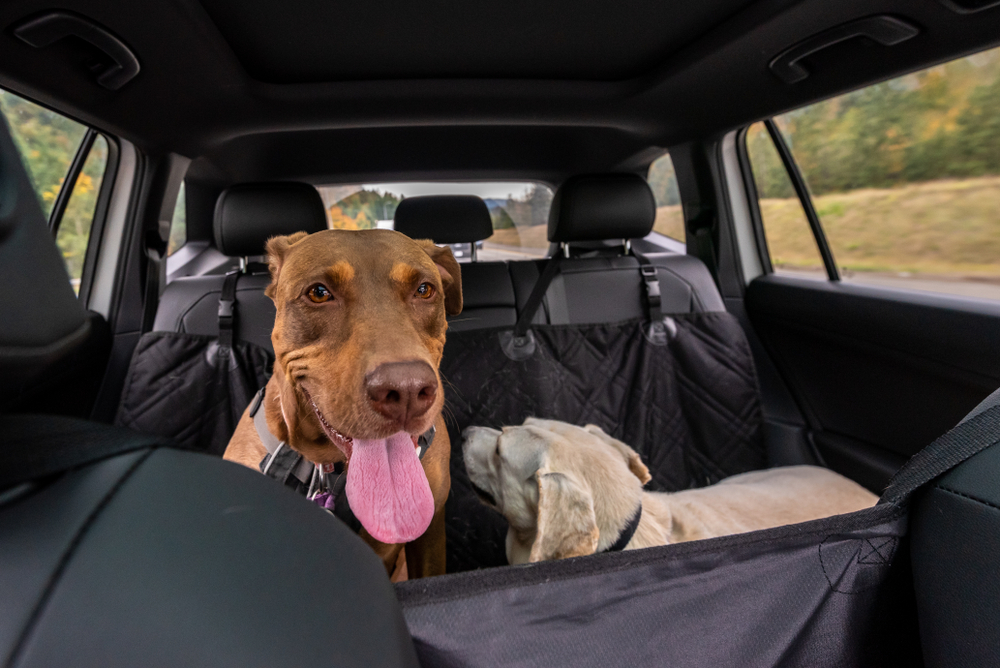
6. Pack Appropriately
Traveling with your dog for long lengths of time requires you to pack appropriately. Short trips may not need a full checklist of supplies, but long road trips definitely do. Let’s take this time to break down what exactly you need for the average canine road trip.
- ID tag with your dog’s name and your contact information
- Up-to-date copies of your dog’s vaccinations
- Leash and harness
- Dog food and treats
- Fresh drinking water
- Collapsible food and water bowls
- First aid kit (dog and human versions)
- Tick-removal device
- Bedding/blankets
- Waste bags
- Paper towels
- Enzymatic cleaning spray
- Removable window shades (for hot weather)
- Travel crate
- Medications (if needed)
7. Always Stay With Your Dog
It can be difficult to travel with dogs because they’re not allowed in many establishments, like gas stations. If you need to stop for gas, snacks, or for any other reason, we recommend having someone wait with the dog if possible. If your dog comes with you, always make sure they’re on a secure leash. Note that you should never leave your dog unattended in a vehicle, as this can be extremely dangerous for them and potentially even fatal.
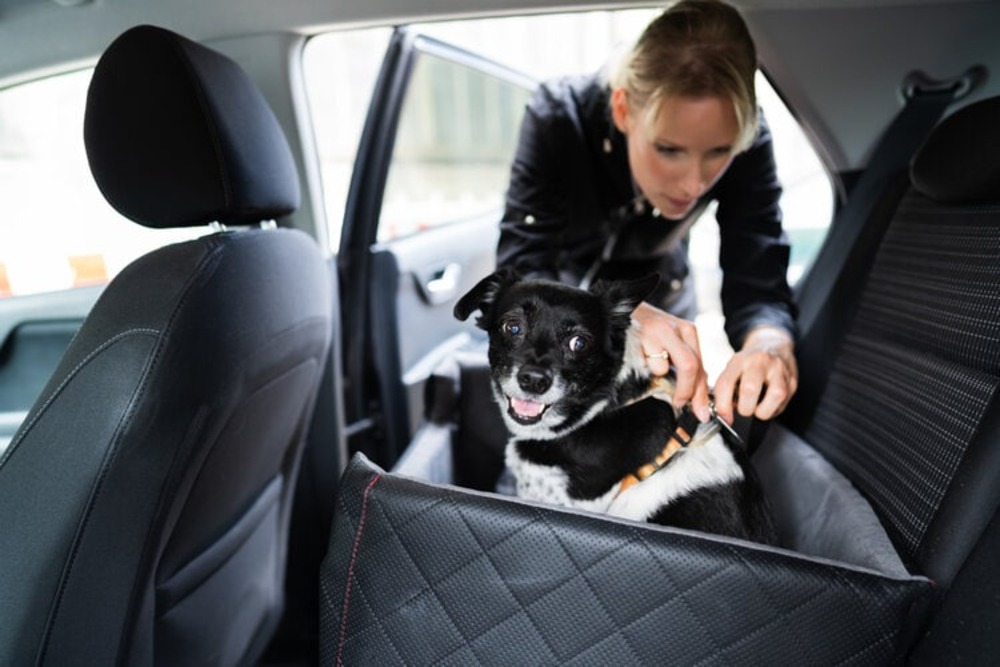
8. Bring Durable Toys to Keep Them Mentally Stimulated
Traveling can be an anxious affair for even the most well-adjusted dogs, so opt for the most durable dog toys you can find. Toys keep your dog busy and relieve stress, and they provide valuable mental stimulation. Pack in-the-car toys like Kongs that you can stuff with xylitol-free peanut butter or other dog-safe goodies, and don’t forget outdoor toys either! Frisbees, tough ropes, and glow-in-the-dark balls are a few great choices to keep your dog happy on the road.
9. Pick Up After Your Dog’s Waste
It’s not a glamorous part of travel, but your dog will need to go potty too. Make sure you have waste bags handy for the occasion, and promptly clean up after your dog. You may wish to add cleaning wipes or spray to your car before embarking, just in case your dog brings mud or other filth into your car. If you expect a mess, you can lay down towels before allowing your dog back into your car.
- Gentle Care For All Pets - Infused with moisturizing hypoallergenic ingredients & enriched with...
- Deep Cleans From Head to Tail - Tackle the toughest dirt & messes with our extra strong pet wipes...
- Freshness On The Go - Each dog grooming wipes pack contains 30 counts of premium dog wipes that...
Whether your dog needs a quick refresh or cleanup of a sensitive area, pet-safe wet wipes are a convenient and on-the-go option, since keeping your dog clean doesn't have to mean giving them a full bath. We like Hepper's Wash Wipes because they're specially formulated to be safe for dogs of all ages, sizes, and breeds. The hypoallergenic formula contains natural, moisturizing ingredients that effectively remove dirt without irritating your dog's skin.
At Dogster, we’ve admired Hepper for many years, and decided to take a controlling ownership interest so that we could benefit from the outstanding products of this cool pet company!
10. Take Time for Breaks
Your dog will need more frequent potty trips than you, depending on their breed. Large adult dogs can “hold it” for longer than puppies and seniors, but they still need time to do their business. Also, most dogs don’t like being penned up in a car for hours! Aim for a break every 2 hours or so, and you’ll be on the right track. Make sure they have access to plenty of fresh water while in the car too.
Your dog needs breaks for their mental well-being, and they don’t appreciate roadside amusements the same way we do. Keep your dog in mind with carefully planned stops at public dog parks or other dog-friendly outdoor areas. Give your dog enough time to stretch their legs and work out their energy, and the rest of your trip will be much more painless.
11. Choose Dog-Friendly Destinations
Part of being a dog parent is knowing where they can and can’t go and then planning accordingly. On long road trips, you’ll have to methodically choose your hotels, stops, and other destinations to ensure that they’re fine for your dog. It’s generally considered rude to show up expecting that your dog will be allowed without checking, so just take a minute to make sure in advance. It’ll help create a smoother traveling experience overall when you know your dog is going to be welcome.
Not all stores are dog-friendly, for instance, and you can’t take your dog to the grocery store for food safety reasons. Hotels are sometimes the same way, and not all offer dog-friendly accommodations or have specific rules for pet owners. It’s vital that you read the small print when traveling with your dog—you may incur pet-specific charges, so watch out!
Other popular traveling hotspots like national parks or hiking trails often don’t allow dogs either. We always suggest searching your destinations beforehand to ensure that your dog is welcome. You’ll probably be able to find areas where other dog owners gather, like dog parks where your pet can play and make furry friends.
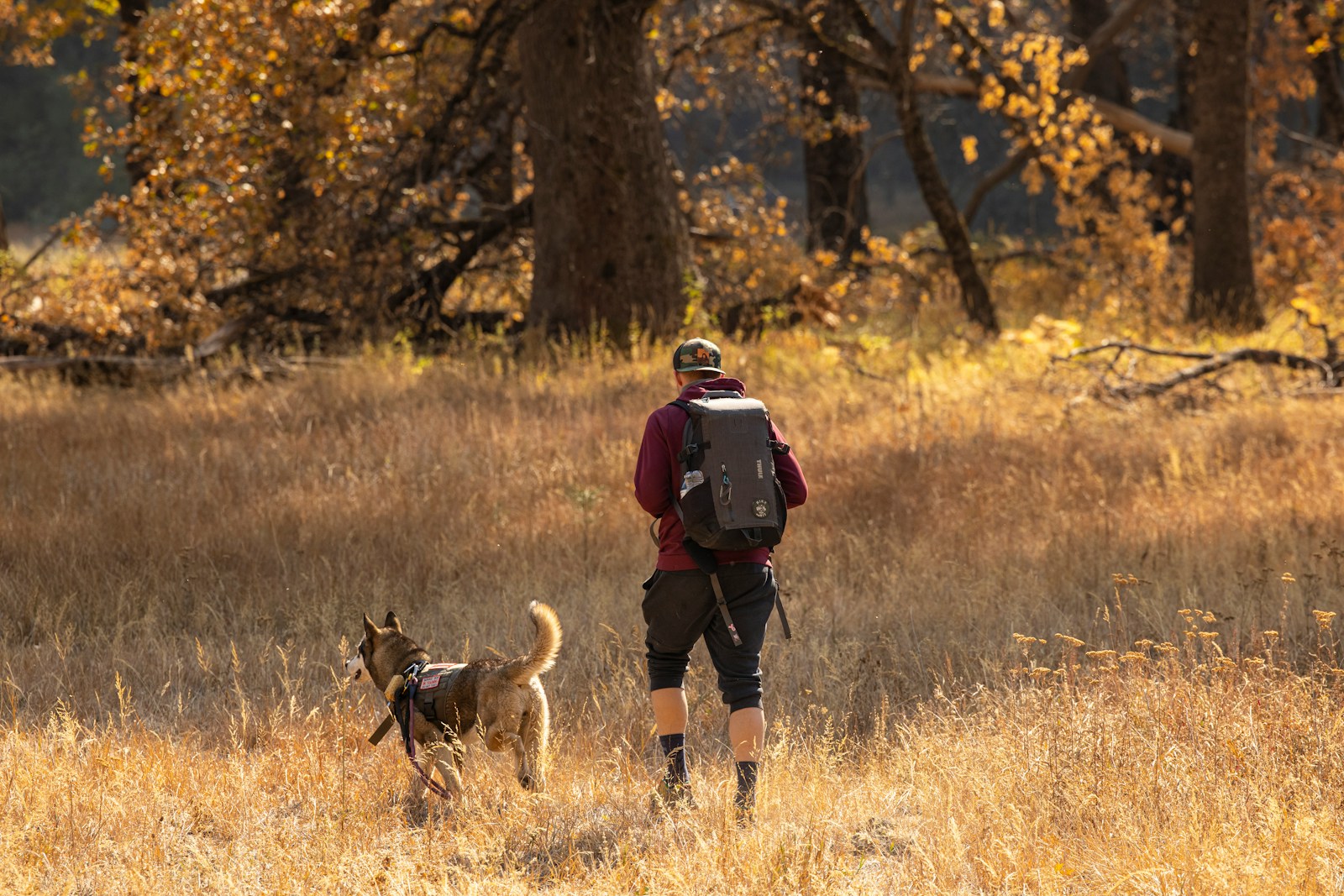
12. Try to Keep Trips Short
If possible, try not to take extremely long road trips with your dog, where they’ll be confined for more than a couple of hours. The experience can be stressful for them and possibly cause behavioral problems if you don’t give them enough breaks and mental stimulation. If you have to drive far with your dog, take a lot of breaks, and make sure to hydrate well!

Final Thoughts
Traveling a short distance or cross country is more involved when you have your furry friend in tow. Before you grab your keys, take a few minutes to pack a doggy bag with everything they could ever need. Long trips may call for super-durable toys, a trip to the vet, or special cleaning care. Basically, you must be as prepared as possible before you even think about hopping in the car and taking off.
See also:
- How Hot Is Too Hot to Leave Your Dog in a Car?
- Dogster Reviews: Cloud 7’s Collection for TUMI Luggage
Featured Image Credit: Andrey Popov, Shutterstock
